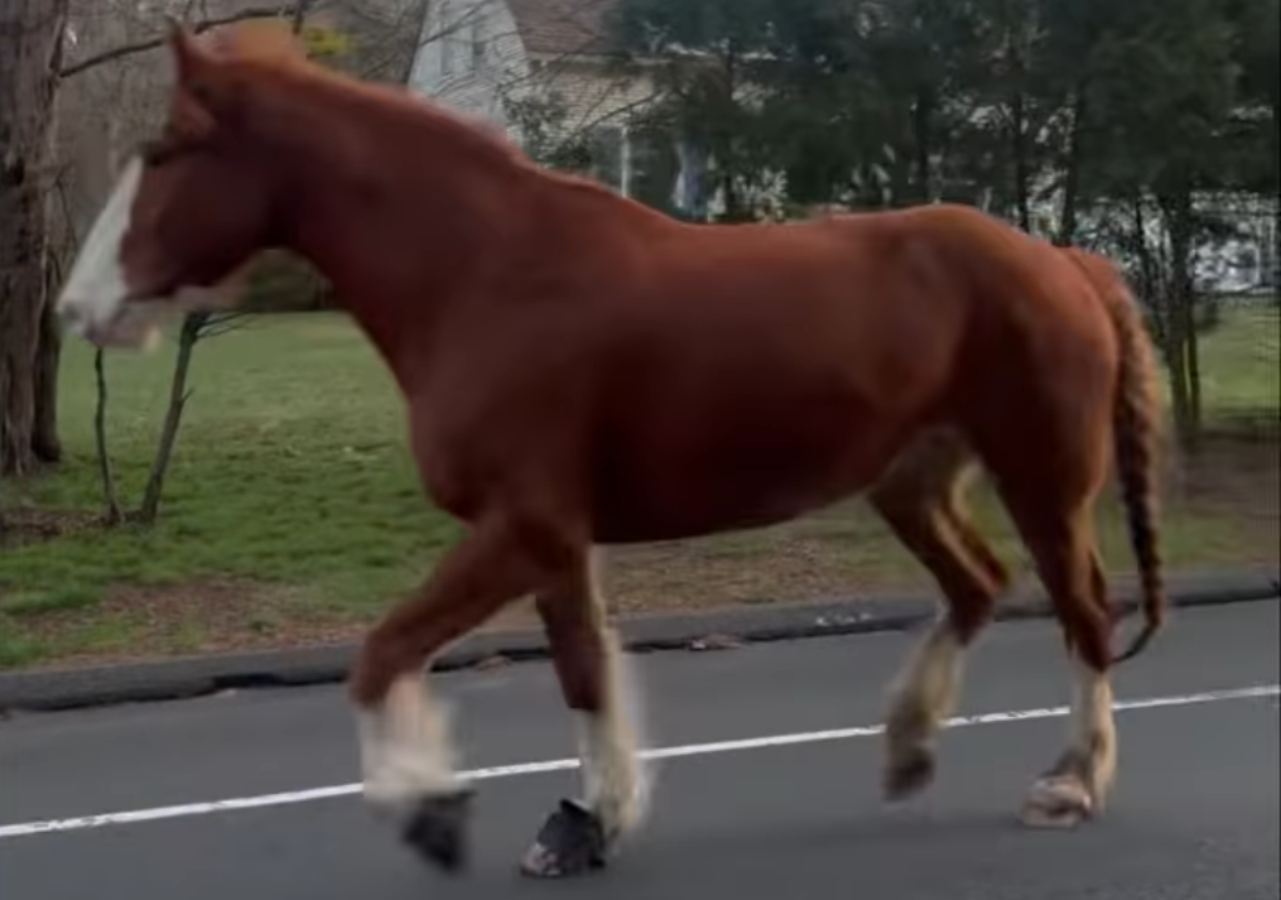What to Know
- Wayne Isaacs was on Monday acquitted of murder and manslaughter charges after an apparent road rage shooting in 2016.
- Delrawn Small was shot to death by Isaacs during a traffic dispute on Independence Day.
- After Monday's verdict, Small's family said in a statement "once again a police officer is being treated as if they are above the law."
An NYPD officer charged with killing an unarmed man in an apparent road rage shooting was acquitted of murder and manslaughter on Monday.
A Brooklyn jury returned the verdict at the trial of Wayne Isaacs, who was off duty on July 4, 2016, when he and Delrawn Small got into a traffic dispute that authorities said continued for several blocks.
Small got out of his car and confronted the officer, who responded by shooting him through the driver's side window. Isaacs said he fired in self-defense.
The Daily News reports that angry spectators stormed out of the courtroom, with Black Lives Matter President Hawk Newsome shouting, "What the f---! You're a murderer! This whole system is corrupt! You [jurors] are all murderers. How could you let him free?"
Small's widow left the courtroom in tears, according to attorney Sanford Rubenstein, who is representing the family.
In a statement to News 4, Small's brother Victor Dempsey and sister Victoria Davis said they were "devastated" by the jury's decision.
"What Wayne Isaacs did that night – immediately shooting and killing our brother as he approached his car and leaving him to bleed out and die, when he had so many other options – was murder, in cold blood," Dempsey and Davis said in the statement. "It is dangerous that once again a police officer is being treated as if they are above the law."
They called on Mayor de Blasio and NYPD Commissioner James O'Neill to fire Isaacs from the police force.
The NYPD said after the verdict that Isaacs will remain on non-enforcement duty, without a service weapon, as the department conducts its own internal investigation.
"Any further disciplinary action to be taken with this matter will be based on the findings and recommendations made at the conclusion of the departmental inquiry," the NYPD said.
Local
The trial marked the first time the state attorney general prosecuted a police shooting of an unarmed victim since Gov. Andrew Cuomo gave the office that role in August 2015 in response to a spate of civilian killings by police caught on video.
Isaacs was on the road in civilian clothes but still carrying a handgun following a shift that ended at midnight. A passenger in Small's car told police Small grew angry because he thought Isaacs had cut him off and got out his car at a stoplight to confront the officer.
Based on preliminary evidence, including Isaacs' statements, police initially said they believed the officer opened fire after Small reached through an open driver's side window and punched the officer while he sat behind the wheel of his car.
But a short black-and-white video, which surfaced on the internet, appeared to show Small getting struck by gunfire the moment he walks up to the car window, with no clear indication that he first assaulted the officer.
Small, 37, can be seen recoiling and stumbling around before collapsing. The officer briefly exits his car and looks in the fallen man's direction but then returns to the car.
"At that point, I thought I was going to lose my life," Isaacs told the jury. "Delrawn Small struck me; that's the only reason I had to stop the threat of losing my life."
"You could tell he was upset with me. At that time of the night, in that area of East New York, you know, I thought maybe he recognized me from a previous arrest or was a carjacking," Isaac said. "Could tell he was in a rage coming at me."
Pat Lynch, the president of the NYPD's largest rank-and-file union, said Monday "there are no winners or losers in a trial like this whenever a life is lost under any circumstances.
"We are grateful to the jury for weighing all of the evidence in this case and for arriving at a proper and just verdict. No police officer wants to carry the burden of having killed a person under any conditions," Lynch said. "But unfortunately, there is no script for police officers who have to take action when they are presented with dangerous circumstances either on or off duty."



